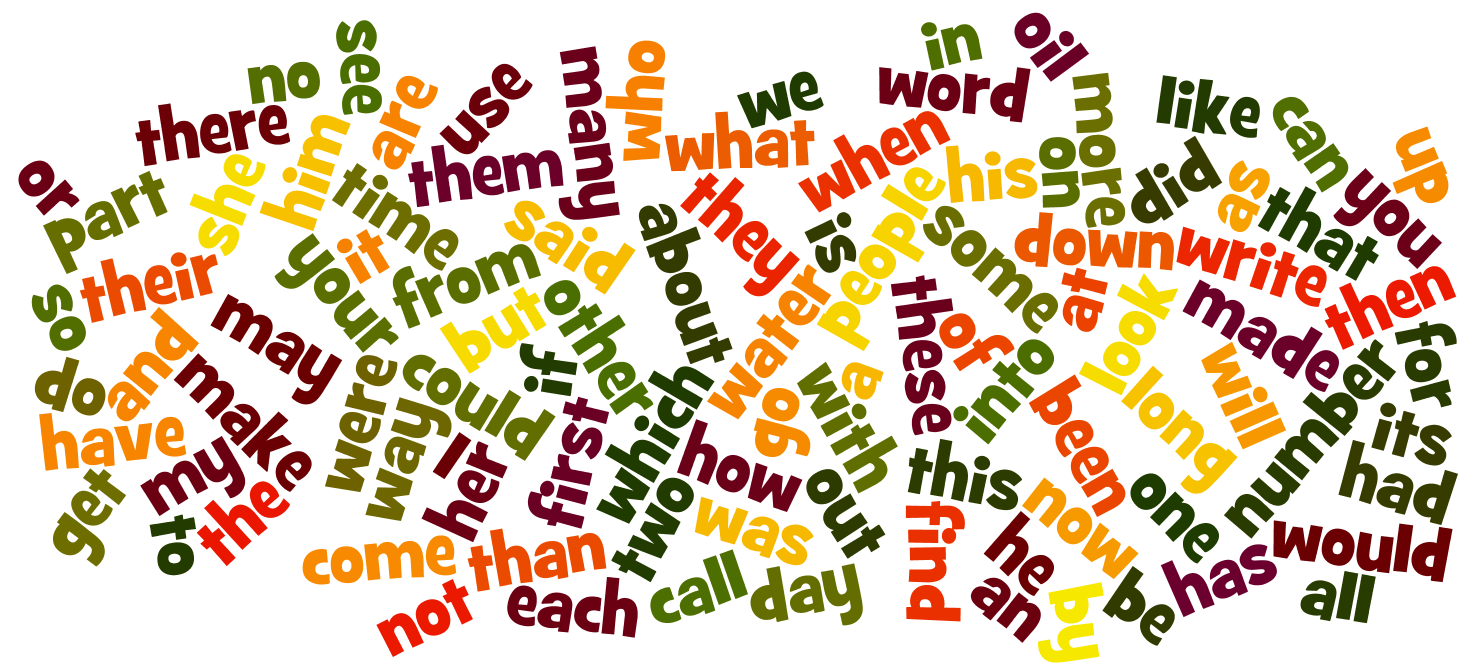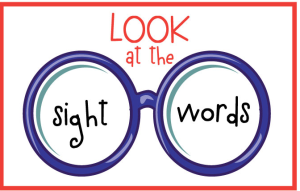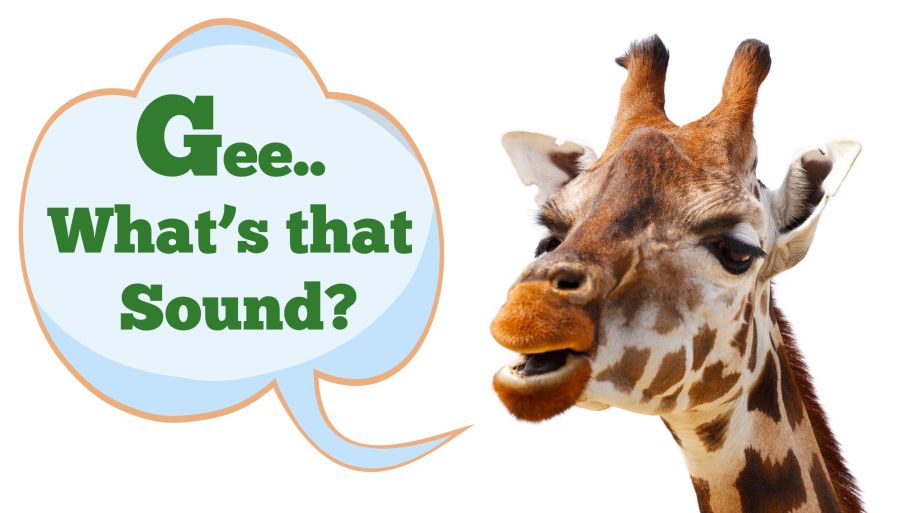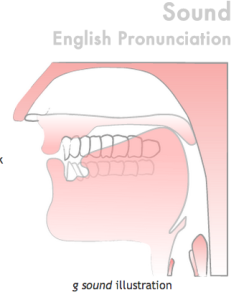Literacy (reading) skills are important for a child’s early language development, social communication, and academic success. Before a child can pick up a book and decode the words on a page into something meaningful, they must first develop an understanding of what written language is and how it is used throughout their environment. Logos, signs, and labels may be teaching your child how to read without you even realizing it. Preschoolers also learn early concepts of literacy by watching their caregivers interact with written language. These first steps in learning to read are called emergent literacy skills. While you may already be teaching these skills in your day to day life, here are some other ways we can support literacy.
One important skill for early language development literacy is understanding that sounds can be manipulated in order to become words, which is known as phonological awareness. You can support your preschooler’s phonological awareness by talking about and teaching different speech sounds during shared reading activities.
Another skill that helps support reading is print awareness. When children demonstrate they understand the logos, signs, and labels in their environment have meaning, they are showing they have print awareness. Print awareness also involves holding a book upright and knowing that the words on the page tell a story. Even before they are able to read the words, encouraging your child to follow the words with their finger from left to right while reading to them will support print awareness. It is also beneficial to discuss the physical parts of the book, who is the author and who is the illustrator.
Alphabet knowledge, or the understanding that letters represent sounds and letters can be grouped together to become words, is another skill that we can teach while reading together. There are many children’s books about the alphabet, but you can identify individual letters anywhere and talk about the sound that it makes.
Finally, oral language skills are needed for early language development and reading comprehension. Everytime you engage in conversation with your little ones, you are modeling oral language skills. Teaching new vocabulary is essential for oral language and early reading because while reading teaches vocabulary, some word knowledge is needed in the earliest stages of literacy.
Reading is a valuable skill to have throughout a child’s life that encourages children academically, socially, and creatively. Children who learn to read early on are often more successful than their peers, and reading is also a source of knowledge. Reading also exposes children to new words and language uses. Books teach children about emotions and individual points of view. Appreciation of others thoughts and feelings will help children communicate and build relationships with peers. Of course, reading is also enjoyable and amplifies creativity.







